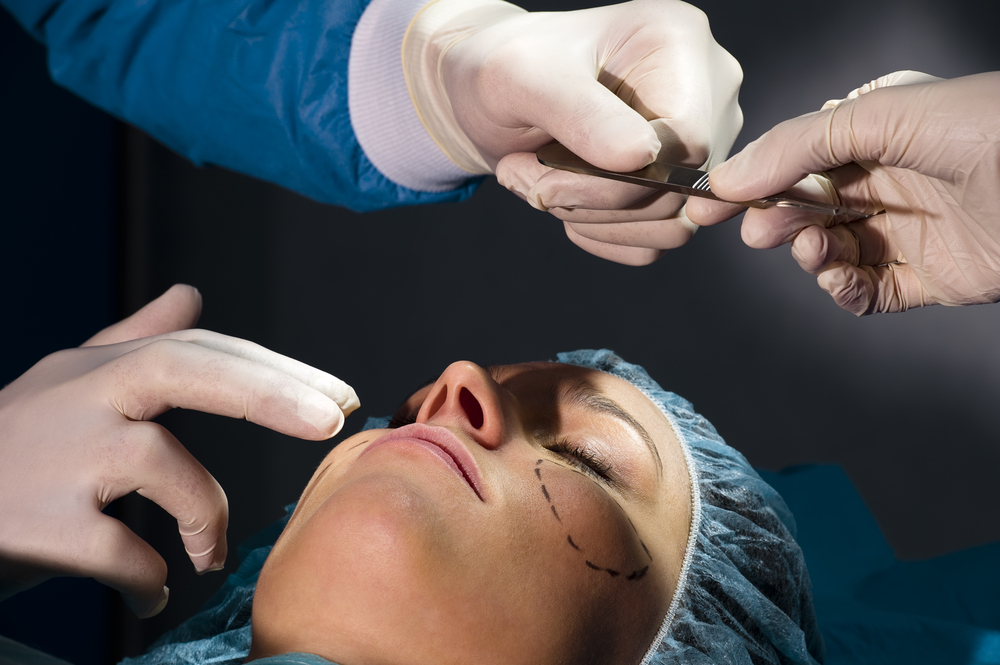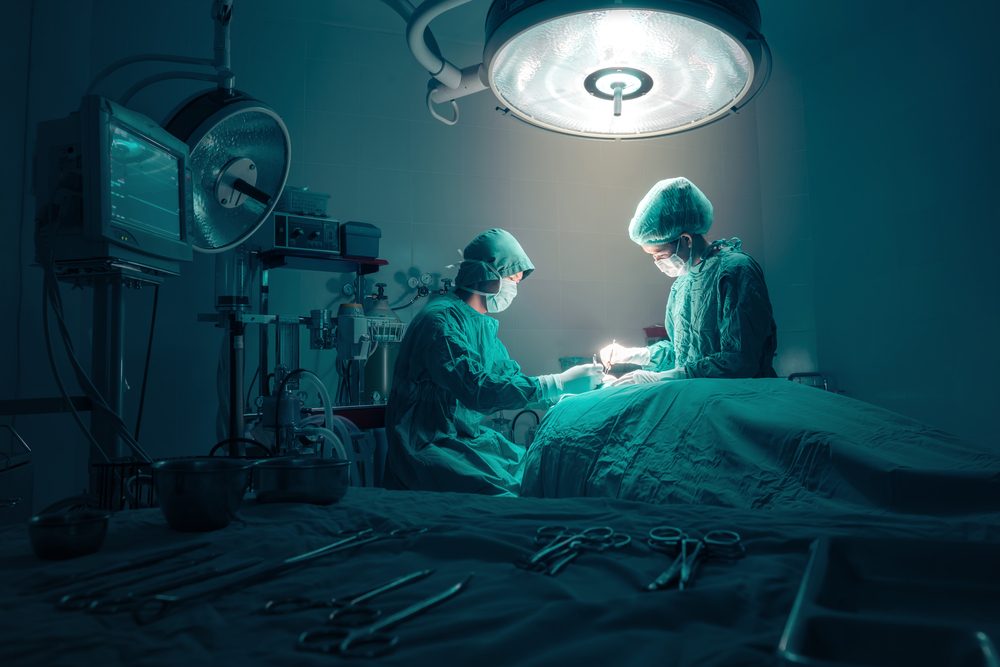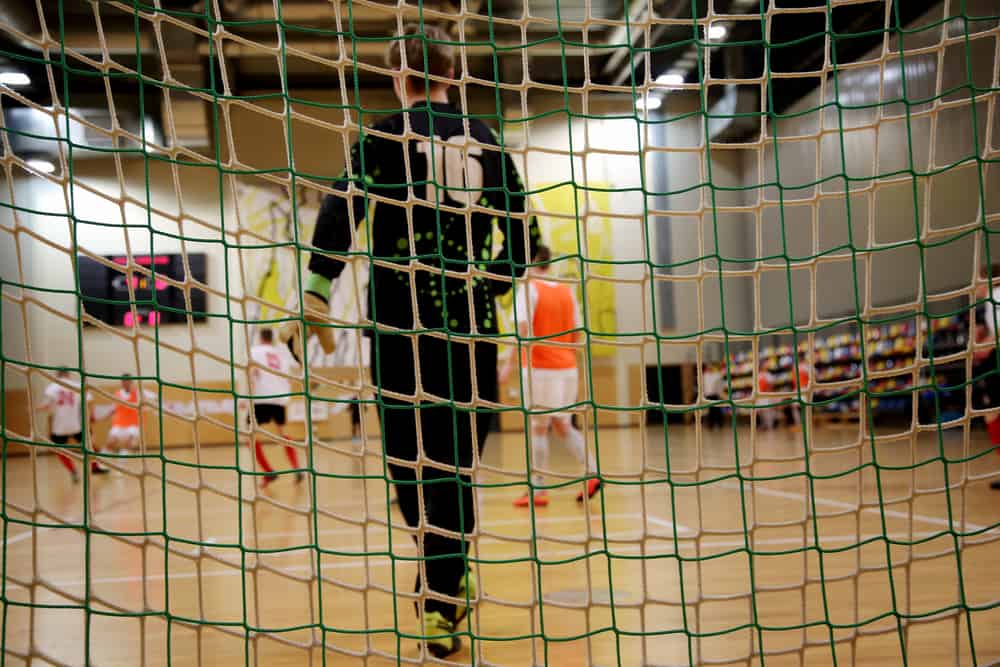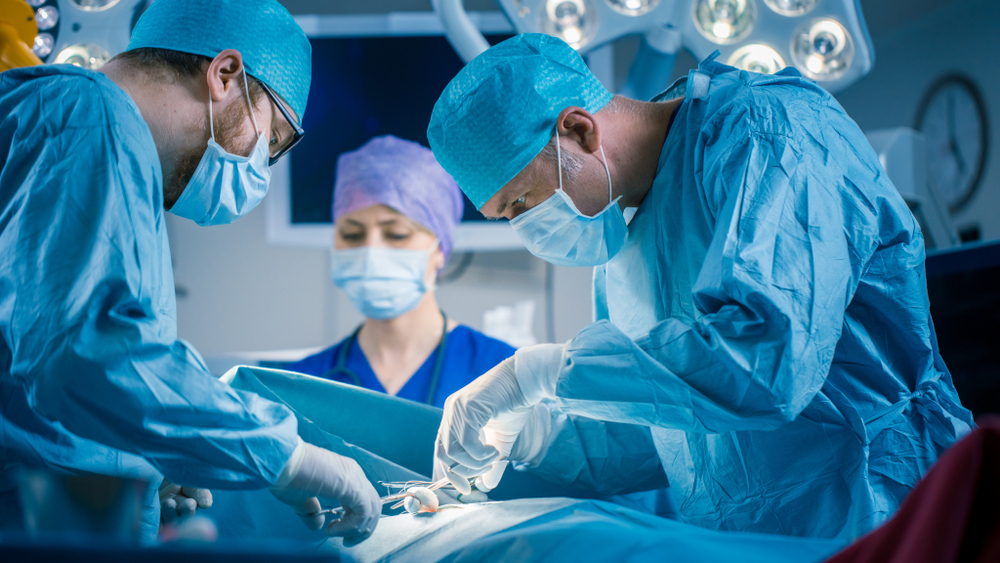Contents:
- Medical Video: Cleveland Clinic’s Third Face Transplant | Katie Stubblefield
- What is a face transplant?
- Face transplant procedure
- Before surgery
- During surgery
- After operation
- Risk of face transplant
- Short-term risk
- Long-term risk
- Risks associated with immune system problems
- Diet and nutritional intake after a face transplant
Medical Video: Cleveland Clinic’s Third Face Transplant | Katie Stubblefield
Severe accidents that cause damage to the face will make someone feel devastated. Because the face is the first body part that is usually the center of attention. Face transplant or face transplant is one of the solutions offered by the medical world to repair a face that has severe damage that cannot be handled by ordinary plastic surgery.
What is a face transplant?
Face transplant or face transplantation is a graft method to replace part or all of the patient's face with a matching donor's facial component. This operation usually uses skin, tissue, nerves, blood vessels, bones, or other components on the face of a deceased person to be grafted on a patient.
The doctor will look for matches in terms of skin color, face size, blood type, tissue type, and age that is comparable between donors and patients. So, later the patient will only receive the necessary components from the donor's face, not necessarily the entire face is transferred to another person.
The components of the donor will be taken and adjusted to the patient's facial structure. So, the end result does not mean the patient has a donor's face.
Face transplant procedure
Before surgery
Before a face transplant procedure is performed, the doctor will usually check in advance whether this method is the only solution for the patient concerned. Usually, this procedure is performed if a person has severe facial damage and cannot be repaired only by regular surgery.
If this is the only best choice, the doctor will usually carry out a series of examinations which include:
- Physical examination
- Blood tests, including blood types and other body tissues
- X-rays and CT scans
- Physical therapy test
- Evaluating nerve function
- Psychological consultation
- Consult with a specialist who will be involved in this process
- Consultation is related to administrative issues because face grafts do not cost a lot
In addition, the doctor will also explain to the patient what will happen after the transplant, including drug consumption rules and lifestyle changes that need to be done. The doctor will also explain the risks and benefits of this transplant.
If the doctor decides that the patient is eligible for a face transplant, the doctor will place the patient on the waiting list. At the same time, the doctor will also choose a healthy face to be the appropriate donor. If you are in this position, it's good to keep in touch with a team of doctors who will carry out this procedure and report on physical and mental health at regular intervals.
During surgery
Facial transplant surgery usually takes place over a long period of time, which takes up to more than 10 hours. In this process, the team of surgeons will reconstruct your face including the arrangement of bones, arteries, veins, tendons, muscles, nerves, and skin.
If you do a partial face transplant, then usually what will be reconstructed is the center of the face, which covers the nose and lips. Because, this part of the face is at the highest level of difficulty if done with conventional plastic surgery techniques.
The surgeon will connect the blood vessels in the patient's face to the part of the face that is grafted before connecting the nerves and other tissues such as bone, cartilage and muscle.
When this operation takes place, another separate operation will also be carried out. Usually, the doctor will take a skin sample from the donor's arm to attach to the patient's chest or abdomen. The goal is that the graft skin works like a facial transplant network which will eventually become part of the patient's own skin.
This is done so that doctors can take small samples in the chest tissue or new stomach to see signs of rejection. So the doctor does not need to take skin samples from the face that will disrupt the tissue after surgery.
After operation
After the surgery is successful, patients will be asked to stay in the hospital for one to four weeks, as needed. During that time, patients will be monitored intensively to see the progress. Does the face experience signs of incompatibility or not. In addition, patients will also be guided to perform facial therapy.
When the patient is allowed to go home, the doctor will schedule the necessary follow-up treatment. In addition, doctors will also prescribe immunosuppressive drugs that are usually taken for life to prevent the body's rejection of new skin grafts on the patient's face.
Risk of face transplant
Performing a face transplant procedure does not mean without risk. There are a number of risks that are important to consider before you carry out this procedure, namely:
Short-term risk
- A long and complicated operation process
- Blood vessels are clotted so that it can stop blood flow to the new facial tissue
- Infection
- Problems related to wound healing
- Pain
- Bleeding
- A series of other complications that may occur due to the development of infection
Long-term risk
- Rejection of the body against new facial grafts that may occur during surgery so on
- Bone-related problems that allow patients to require additional surgery
Risks associated with immune system problems
- Infection
- Development of bacteria in the body
- Diabetes
- Heart disease
- Kidney damage
Diet and nutritional intake after a face transplant
After a face transplant, you need to adjust the intake of food consumed. Proper intake of nutrients can keep you healthy and prevent infections and diseases. Usually, doctors and related nutritionists will recommend things like:
- Eat fruits and vegetables every day
- Eating whole wheat bread, cereals, and other wheat products
- Eating low fat milk
- A diet low in salt and low in fat
Before doing a face transplant, you need to fully understand the procedure and the risks. Therefore, consult a physician who trusts you whether this procedure is the only best choice.













